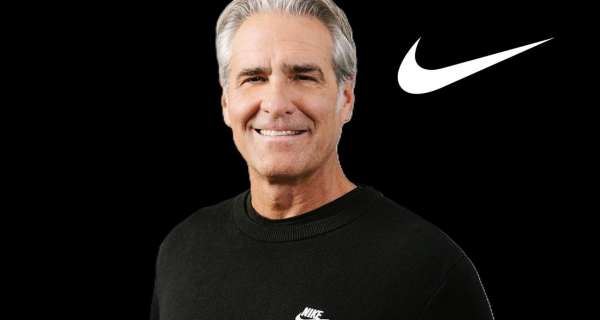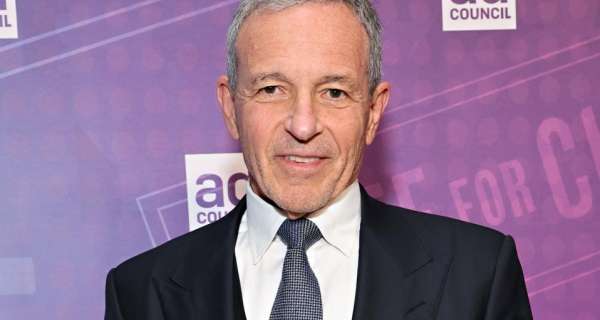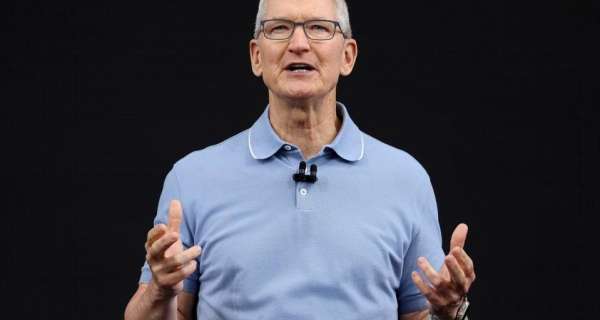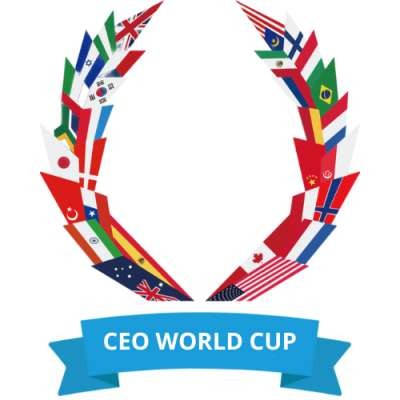
2024 has been a year of significant transitions for companies worldwide, marked by a record number of CEO changes at organizations ranging from legacy brands like Red Lobster and Boeing to smaller private firms. One notable transition took place earlier this year at Nike. Nike CEO Elliott Hill—returning to the company after a brief retirement—outlined his vision for revitalizing the brand during his first earnings call.
Despite exceeding fiscal second-quarter revenue expectations with $12.35 billion, Nike's earnings fell short of last year's $13.39 billion. Over the past three years, the company has lost nearly half its value while struggling to compete with more innovative and cohesive rivals. Nike's story is not unique; many organizations, regardless of size, face the challenge of staying relevant while navigating cultural drift, declining engagement, and increased competition. Hill's remarks during the earnings call offer valuable reminders for leaders aiming to rejuvenate their organizations. Here are three actionable lessons from Nike's cultural reset.
1. Embrace Long-Term Goals Over Short-Term Comforts
When an organization is struggling, it's tempting to chase quick wins to elevate morale and repair external perceptions. However, short-term fixes often impede long-term success. Just as crash diets rarely lead to sustainable health, organizational turnarounds require patience and long-lasting commitment. Hill acknowledged the difficulty of the task ahead, describing the revitalization process as "multi-pronged" and cautioning that "it isn't going to be easy, but we're ready for the challenge." The recovery plan is structured around a multi-year timeline reflecting a fiscal 2026-2027 timeline, signaling Nike's commitment to a long-term strategy.
John Nagle, Chief Investment Officer at Kavar Capital Partners, echoed this sentiment in Reuters, noting that Hill "seems to be going back to the roots, back to Nike being Nike." This metaphorical "gut renovation" mirrors what organizations must do when rebuilding their cultures: address foundational issues, align their strategy and vision, and operate with patience across all levels of leadership. For leaders, this means operating with a long-term view, focusing on sustainable growth, even if it entails short-term pain. Building an engaged, high-performing workplace culture isn't an overnight endeavor—it's an investment that may feel arduous sometimes.
2. Rediscover And Commit To Your North Star
Nike built its legacy on inspiring slogans and innovative products that embodied its mission: "To bring inspiration and innovation to every athlete in the world." However, Hill noted that the company had "lost its obsession with sport." He vowed to "put the athlete at the center of every decision," which marks a return to Nike's core identity.
Over time, it's easy for organizations to drift from their original purpose steadily. While seemingly beneficial, new initiatives can dilute the brand's essence and scatter its focus. Nike's overreliance on promotions, for example, weakened its premium image. Similarly, adding flashy perks without addressing deeper needs can erode employee trust, well-being, and engagement in workplace cultures. Hill's strategy to realign Nike with its original vision reminds leaders to revisit their organization's "why" regularly. When their organization's North Star consistently guides decisions, organizations create a foundation for sustainable, long-term success.
3. Prioritize Relationships And Partnerships
A critical mistake Nike identified was neglecting its key relationships and channel partners. Hill acknowledged, "Some partners and channels feel we've turned our back on them and we stopped engaging consistently." His commitment to rebuilding trust has already been on display, with Foot Locker CEO Mary Dillon commending Nike's renewed focus on collaboration along with their recently announced new partnership.
Organizations thrive on relationships—whether with employees, customers, or partners. Neglecting these connections can lead to significant cultural and long-term financial repercussions. Leaders must actively nurture relationships by prioritizing transparency, communication, and mutual respect. For Nike, this renewed focus on partnerships represents a crucial step toward regaining its footing. For any leader, rebuilding trust and strengthening connections can reinvigorate organizational culture and drive performance.
Turning Challenges Into Opportunities
From Starbucks to Red Lobster, and now Nike, established brands often face a crossroads where they must return to the fundamentals of what made them great. Nike CEO Elliott Hill and his team have a monumental challenge, but it's far from insurmountable. Revitalizing an organization requires more than strategic adjustments; it demands emotional resilience and patience. Leaders who embrace these principles can rebuild their cultures and set the stage for long-term success and competitiveness.





0 Comments